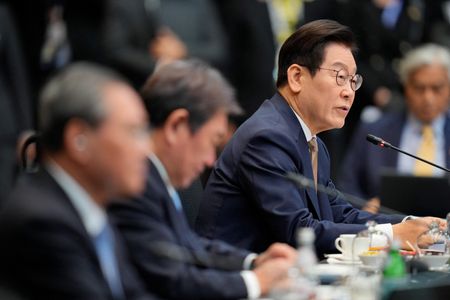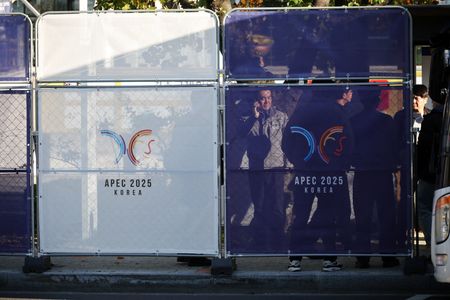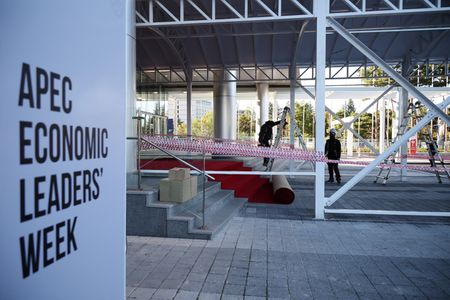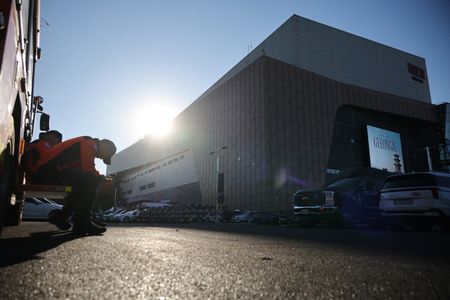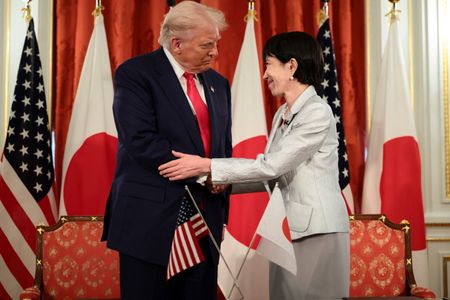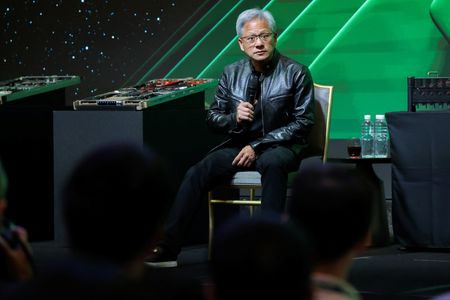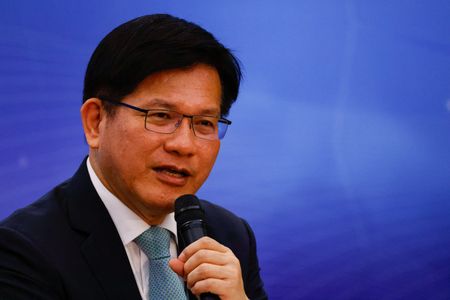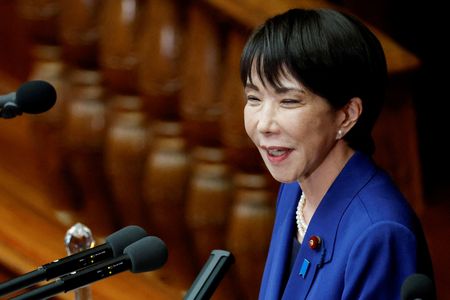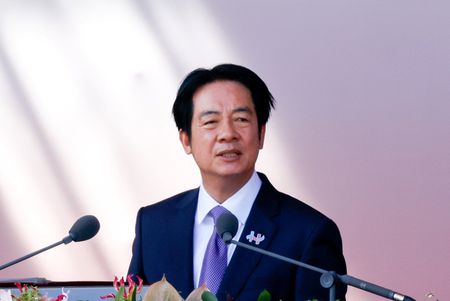By Jihoon Lee and Ju-min Park
SEOUL (Reuters) -After weeks of frantic negotiations, South Korea’s hopes of a breakthrough on U.S. tariffs ahead of this week’s Asia-Pacific leaders’ meeting are fading, as U.S. President Donald Trump and China’s Xi Jinping eye a deal that could ease trade tensions.
Trump will arrive in South Korea on Wednesday for the first time in his second term, but will leave the following day, skipping the main sessions of the annual Asia-Pacific Economic Cooperation forum and forcing several other leaders to reschedule trips, according to three diplomatic sources.
The APEC forum this year has been overshadowed by Trump’s sweeping tariffs that he announced soon after his inauguration in January, and other challenges to global trade, particularly Washington’s deepening tensions with Beijing.
Trump’s policies have heightened the importance of bringing world leaders together and brought rare international attention to a typically stodgy diplomatic event, said John Delury, a senior fellow at the Asia Society.
“Given the state of multilateralism and world order right now, this may be one of the most consequential APECs we’ve seen in a while,” he said. “I think we could see drama that APEC is not used to.”
For APEC host South Korea, this week marks a major diplomatic test for President Lee Jae Myung, who took office in June in a snap election called after his predecessor was removed following an attempt to impose martial law.
Lee will meet Trump, Xi, and Japan’s new Prime Minister Sanae Takaichi, key players in North Asian diplomacy and handling North Korea. South Korea will also play host to an expected meeting between Xi and Trump on Thursday, the first such face-to-face since Trump began his second term.
Stock markets across the world jumped on Monday after U.S. officials said negotiators from the U.S. and China had hashed out a framework for a trade agreement, and expectations are growing that the two leaders will sign a deal.
Trump may see a win as headlines saying that he is making progress on his trade agenda, signing deals with a number of countries and not backing down in the face of criticism of his approach, said Matthew Goodman, with the Council on Foreign Relations in Washington, D.C.
“I suspect President Xi wants to portray China, and himself, as the real leader of a more prosperous, economically integrated Asia-Pacific region,” he added. “Although there is widespread scepticism in the region about these claims, President Trump’s disruptive approach helps feed China’s narrative.”
As for the host South Korea, the bar is lower.
“I think Seoul will be seen as a successful host — and will feel it has dodged a bullet — if it gets through the APEC and related meetings without major disruption,” Goodman said.
SOUTH KOREA DEAL IN DOUBT
Seoul has sought to finalise by the APEC forum its preliminary trade deal reached with Trump in July, after the first summit meeting between Lee and Trump ended with no agreement in August, with sticking points over the details of a $350 billion investment package included in the pact.
U.S. Treasury Secretary Scott Bessent said on Monday that the overall framework of a deal with South Korea was done but was unlikely to be finalised during Trump’s visit, and South Korean officials have also said wide disagreements remained.
South Korea’s industry ministry said on Tuesday that both sides are continuing to communicate and that Seoul was seeking to maximize its national interests.
A further delay to the trade deal would be a setback to South Korean automakers like Hyundai Motor which has been hit by 25% tariffs on U.S. exports, compared with 15% U.S. tariffs on Japanese cars.
A South Korean official said Lee and Trump may release a document that summarises areas of recent agreement but that does not resolve the tariff issues.
GLOBAL ORDER IN FLUX
Lee will have his first meeting with Xi, who will be visiting South Korea for the first time in 11 years, as South Korea increasingly finds itself in the political and economic crossfire between the U.S. and China.
China has slapped some South Korean shipbuilders with sanctions for their cooperation with the United States.
The Lee administration said it is circulating an APEC draft joint statement on the importance of free trade, and is separately seeking agreement for statements on artificial intelligence and tackling demographic change.
Three diplomats from APEC member states told Reuters that after years of declining consensus they were not optimistic that the forum could agree on a joint statement, at least on any substantive measures.
Trump will arrive in South Korea after announcing a slew of trade agreements in Malaysia on the sidelines of the 11-member Association of Southeast Asian Nations summit, overseeing the signing of an expanded truce between Thailand and Cambodia, and meeting Japan’s Takaichi.
However, his early departure from APEC will symbolically cede the spotlight to Xi, who is expected to stay through the final ceremonies on Saturday, as China will host next year’s forum.
“APEC’s not the most substantive global talk shop but Trump shouldn’t leave the stage to Xi,” said Sean King of Park Strategies in New York. “We need to remind our partners and allies that we’re there for them.”
(Reporting by Jihoon Lee and Ju-min Park; Additional reporting by Josh Smith; Writing by Josh Smith; Editing by Michael Perry)

